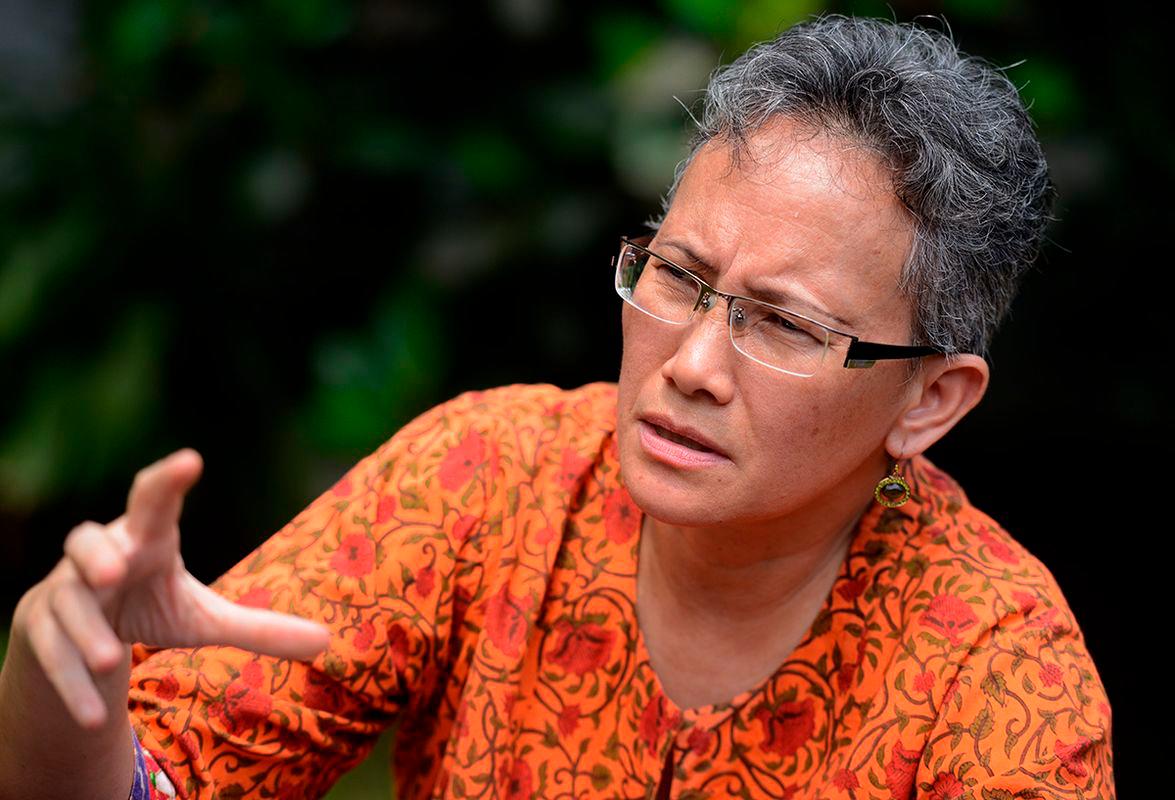PETALING JAYA: The government’s proposal to mandate digital safety education for parents and guardians has drawn praise from education advocates and child psychologists, who view it as a crucial step to safeguard children in an increasingly connected world.
Parent Action Group for Education president Datin Noor Azimah Abdul Rahim welcomed the initiative, calling it a clear sign that society is beginning to recognise the wider responsibilities of digital literacy.
“By making digital safety education mandatory, the government is recognising that digital literacy is not just a personal skill, it’s a societal responsibility,” she said.
Azimah stressed that for the initiative to succeed, it must be inclusive, accessible and tailored to the needs of all communities.
She proposed leveraging local institutions such as schools, mosques and NGO to host in-person workshops, particularly in rural and underserved areas.
She also called for simple, multilingual educational materials to be distributed through print and broadcast media to ensure no one is left behind.
However, she acknowledged there are significant challenges.
“The digital divide is real. Not all families have equal access to technology, and cultural or language barriers may hinder participation, especially among indigenous or migrant communities.”
To ensure the initiative reaches all corners of society, Azimah proposed a localised, community-driven rollout.
She suggested integrating digital safety modules into school enrolment processes or linking them with social welfare programmes to encourage participation, focusing more on education than enforcement.
“Any consequences for non-compliance should be proportionate and sensitive to socio-economic conditions,” she added, while emphasising the need for strong data privacy safeguards and transparency.
Highlighting global examples, she pointed to Germany, South Korea, the US and the UK as models Malaysia could adapt.
“We can design a hybrid model. Legal obligations supported by educational outreach that suits our multicultural and multilingual society. The goal should be to support and empower, not just regulate.
“Digital safety starts at home, but it’s not a burden parents must carry alone. Government, educators, tech companies and communities must work together to raise a digitally resilient generation.”
Adding a clinical perspective, CPC International managing director and child clinical psychologist Dr Noor Aishah Rosli underlined the importance of parental engagement in children’s online lives.
“When parents coview content, set boundaries and discuss online activities, they can reduce the risk of exposure to harmful content, cyberbullying and grooming,” she said.
Still, she warned that many parents remain unaware of the psychological toll that digital overexposure can take on children, contributing to attention issues, disrupted sleep, emotional instability, anxiety and depression.
“Excessive digital use disrupts natural development.”
While she supports the move to make digital safety education mandatory, Noor Aishah stressed that successful implementation depends on access to proper support systems.
“Without proper resources and guidance, behaviour change is difficult,” she noted, highlighting wide disparities in digital literacy across income and geographic lines.
“Some parents may struggle with the technical aspects, while others may not even see the urgency. Rural and low-income households may require a different approach than urban, middle-class families.”
She advocated for workshops that combine technological knowledge with child psychology, helping parents understand how screen time impacts brain development and how to recognise signs of online stress, manipulation or grooming.
She also cautioned against punitive enforcement.
“Penalties will only create more stress and anxiety among parents. A better approach would be positive reinforcement such as incentives or subsidies for attending digital training programmes,” she added.
Last week, Minister in the Prime Minister’s Department (Law and Institutional Reform) Datuk Seri Azalina Othman Said announced that the government is reviewing existing legal provisions to establish clearer responsibilities for parents and guardians in preventing child abuse and neglect, including in the digital sphere.
As part of the effort, the proposal includes making digital safety education mandatory for parents.
On Monday, the Malaysian Communications and Multimedia Commission (MCMC) confirmed it will collaborate with Azalina to advance the initiative, which would require parents to actively monitor their children’s online activities.
Communications Minister Datuk Seri Fahmi Fadzil said the two ministries will work together to explore practical enforcement mechanisms, leveraging MCMC’s regulatory experience in managing online and social media platforms.









